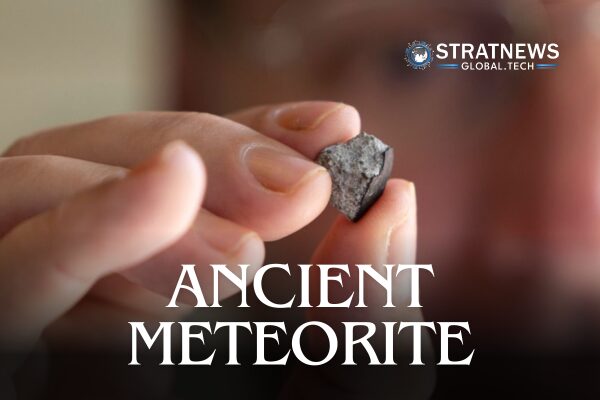Georgia Meteorite May Be Older Than Earth, Scientists Say
A meteorite that crashed through the roof of a Georgia home earlier this year may have formed before Earth itself, according to research by the University of Georgia. The rare event occurred on 26 July, when residents in several southeastern US states saw a brilliant daytime fireball streak across the sky. The Georgia meteorite was bright enough to be detected by an orbiting satellite before surviving atmospheric entry and striking a house in McDonough, Georgia. The impact shattered part of the floor, landing just 4 metres from a resident.
Tracing the Meteorite’s Ancient Origins
Scientists recovered 23 grams of meteorite fragments, now officially named the McDonough Meteorite. University of Georgia researcher Scott Harris said the rock’s composition and classification are key to understanding its origins.
Initial analysis shows it is a Low Metal (L) ordinary chondrite — a type of ancient rock that likely formed around 4.56 billion years ago. This age makes it slightly older than Earth itself, which is estimated to be 4.54 billion years old.
From the Asteroid Belt to Georgia
Harris explained that the meteorite originated from a group of asteroids in the main asteroid belt between Mars and Jupiter. Researchers believe it may be linked to the breakup of a much larger asteroid about 470 million years ago, an event that could have sent it on a path eventually crossing Earth’s orbit.
Georgia Meteorite – From Research to Public Display
Harris plans to publish a detailed paper later this year on the meteorite’s composition and its atmospheric entry. Pieces of the McDonough Meteorite will also be displayed at the Tellus Science Museum in Cartersville, Georgia, allowing the public to see a fragment of our solar system’s deep history.


